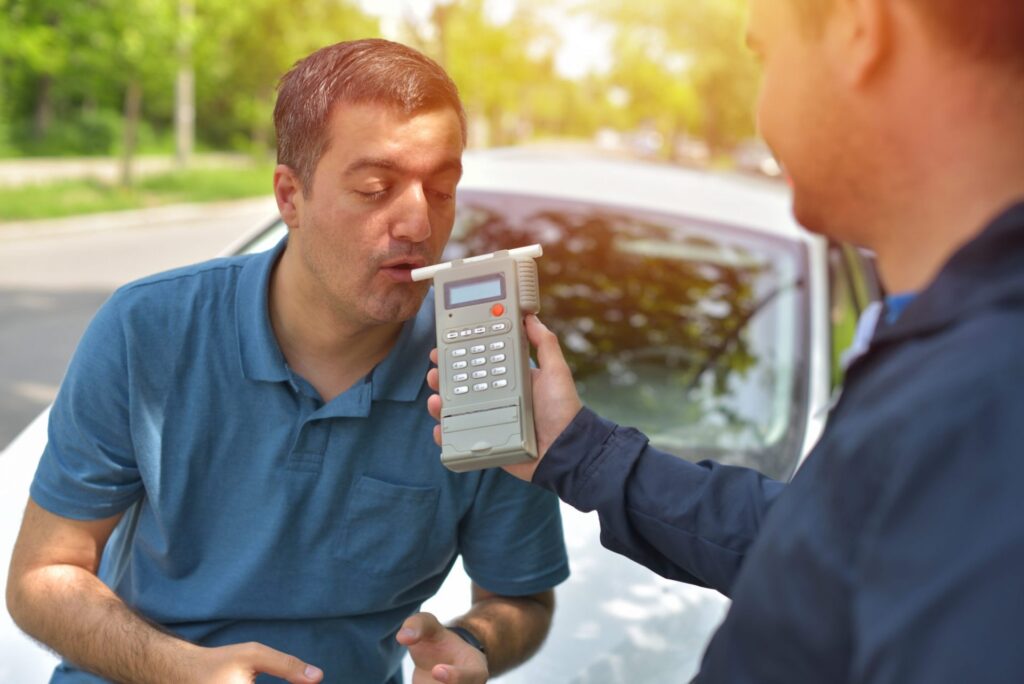In a recent blog post, we focused on a recent Maine Supreme Court case that upheld a conviction for operating under the influence (OUI) based solely on evidence from field sobriety tests. A crucial piece of the case, though, was tucked away in a footnote: Evidence from a breathalyzer had been thrown out because police didn’t comply with the required observation period for breath tests.
This observation period is one of the ways that a skilled OUI-defense attorney can get breath test evidence thrown out.
The Science of Breath Tests
As we detailed in an earlier blog post, the science behind breathalyzers is not simple. It involves alcohol seeping into the blood stream only to get dropped off in your lungs as that blood passes through them. Every time you exhale after drinking, some of this alcohol comes out your mouth or nose and can be read using a breathalyzer. However, there’s a lot that can happen to those wisps of alcohol between them leaving your lungs and going into a breathalyzer that can make the breathalyzer’s readings unreliable.
How Breath Alcohol Content Gets Contaminated
There are numerous ways for the true amount of alcohol on your breath to get contaminated on its way from your lungs to the reader in a breathalyzer.
For example, using mouthwash is a common way for latent alcohol to sit in your mouth. If you take a breath test soon after using mouthwash or drinking anything with alcohol in it, the results of the test will be astronomically high because of all of the alcohol that is still on your gums, cheeks, and tongue. Hiccupping or burping can also impact the accuracy of a breathalyzer: Both bring up breath from the lungs and leaves latent alcohol in your mouth. Even eating can contaminate the pathway between your lungs and a breathalyzer, as decomposing food particles can contain trace amounts of alcohol in them.
Observation Periods Prevent These from Skewing Breathalyzer Results
To prevent these innocuous issues from skewing the accuracy of a breathalyzer, police are supposed to comply with an observation period before administering a breath test. During this period, police in Maine are supposed to wait fifteen minutes, carefully watching a suspect to make sure nothing happens that could skew the readings of a breathalyzer. If something happens that will contaminate the breathalyzer’s readings, police need to wait another fifteen minutes before conducting the test. Additionally, if there’s a break in contact between the officer and the suspect and the officer stops observing, the fifteen minutes start over.
Maine OUI-Defense Attorney William T. Bly
When police don’t comply with the required observation period, the breathalyzer reading is unreliable because it is likely to be inflated by contaminants, and so should never be used as evidence against you. However, law enforcement will still try to get it admitted, and it often takes vigorous efforts to prevent them from succeeding. Having a solid defense attorney can make a huge difference in avoiding the penalties of an OUI conviction. Call the law office William T. Bly at (207) 571-8146 or contact him online if you’ve been charged with OUI in Maine.


